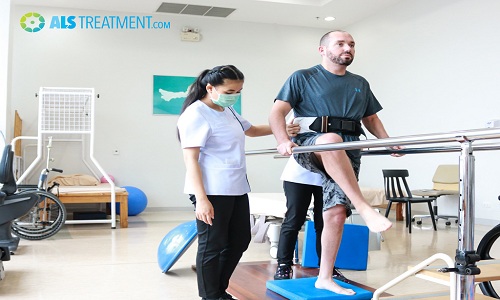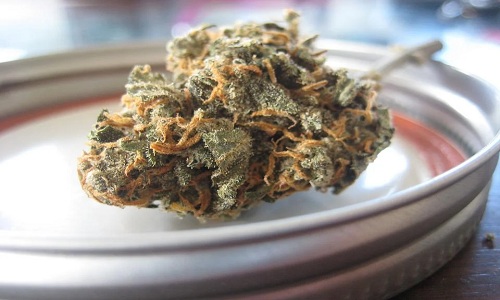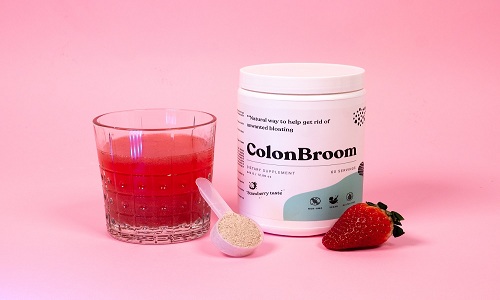The Types Of Treatment For ALS
Amyotrophic Lateral Sclerosis (ALS) is a disease that is characterized by its progressive impact on the brain and nerves, resulting in muscular weaknesses. As the disease progresses, patients usually find everyday tasks gradually more difficult, such as walking and eating. And while there is no “cure” for the disease, there are effective treatments that can be used to reduce the overall impact it has on a person’s life. Curren ALS treatments cannot reverse any of the damage caused by the disease. But they can prevent complications, slow the deterioration down, and can make patients feel more independent.
That being said, here’s a guide to effective ALS treatments.
What Is ALS?
Amyotrophic Lateral Sclerosis (ALS) attacks the nerve cells in your spinal cord and your brain. This disease is also commonly known as Lou Gehrig’s disease, named after the baseball player whose diagnosis and subsequent death brought widespread attention to the illness.
The disease kills the nerves that are in control of the motion in your body. As these nerves die, you eventually lose all control over your muscles. Then, as the disease begins to worsen, you lose lots of essential functions. This includes the ability to walk, swallow, speak, and breathe.
There are clinical trials constantly being carried out to try and find a cure for ALS. You can find out more by visiting the following link http://www.withpower.com.
However, as of right now, there is no known cure for this disease. Instead, there are plenty of proven treatments and therapies that work to ease symptoms.
Medication for ALS
Two types of medication have already proven to be effective in slowing the progression of ALS. These are:
Edaravone (Radicava): this is usually administered through an IV. It is an antioxidant that works to prevent lots of damage from occurring to nerve cells from free radicals.
However, it is entirely unclear how Edaravone works to actively slow the physical progression of ALS in patients. The most common side effects of this medication include headaches, unsteady gait, and bruising.
Riluzole (Rilutek): this medication is to be taken orally. It helps to reduce the damage to your motor nerves by limiting the amount of glutamate in your system. This carries chemical messages to the nerves. However, too much of it can cause damage to the cells.
The most common side effects of Riluzole include bruising, dizziness, and gastric distress.
Both of these medications work to extend the life of individuals that have been diagnosed with the disease. However, they cannot fix any damage that has already occurred.
Symptomatic ALS treatments
There seem to be lots of other medications that are aimed at targeting some of the more specific ALS symptoms.
Muscle Symptoms
Muscle relaxants such as diazepam, baclofen, or dantrolene might be prescribed to treat muscle spasms and cramps. Other medications such as gabapentin will be prescribed to help the user control pain levels.
Saliva Production
Individuals with ALS might have difficulty swallowing because of weakened throat muscles. This will likely result in saliva pooling in the mouth which could potentially lose to a risk of choking or drooling. This symptom can be treated with medications like Scopaderm, Elavil, or trihexyphenidyl.
Other Symptoms
Medication might also be required to treat other symptoms of ALS including constipation, depression, fatigue, and the pseudobulbar affect, which refers to uncontrolled outbursts of crying or laughing.
Non-Drug Therapies
Non-drug therapies refer to lifestyle changes that can be made to manage symptoms of ALS. These changes are advised especially during the initial stages of the disease, such as eating foods that are easier to swallow.
A feeding tube will likely be required as the condition progresses which will reduce the overall risk of choking.
Occupational therapists can give necessary advice about adaptations that should be made in the home. And because the muscles involved in speech are impacted by ALS, those suffering from the disease may find speech therapy to be an effective treatment.
Other types of interventions and treatments for ALS could include:
- Braces and splints for the legs and arms
- Customized wheelchairs
- Devices and supports to help people walk
- Diaphragm pacers
- Devices to help support breathing
- Feeding tubes
- Home assessment to make it easier to get around in the house
- Physiotherapy
- Proper body positioning
- Suggestions for easier-to-swallow foods and liquids
- Support from a nutritionist
- Technological devices that help people communicate
Summary
There are many different factors out there that can be used to treat symptoms of ALS. This ranges from prescription medication to simple lifestyle changes, which can have a significant positive impact on an individual’s life.




